Remembering the Righteous
Arnaud “Joe” Temmerman and his wife, Mary, were instrumental in my parents’ escape.
On Monday, Jews around the world commemorate Yom Hashoah – a time to remember the six million lives lost needlessly and horrifically because of Nazi hate, a time to renew our sacred pledge of Never Again. It is telling that the date chosen commemorates the Warsaw Ghetto Uprising, honoring the Jewish resistance fighters doing hand-to-hand combat with German soldiers and those who thwarted German deportation efforts by burrowing underground. In the end, of course, the Nazis burned the ghetto to the ground, block by block, to gather every hidden Jew. The sky was red with fire as churchgoers went about their Palm Sunday celebration on the other side of the ghetto wall. Indifference, if not downright hostility, was not an uncommon reaction to the atrocities on clear display. Because my parents survived the Holocaust, I have thought endlessly – and not very productively – about how so many otherwise decent people did nothing. But the other side of the coin is this: If I were witness to such terror, could I find the courage in myself to act?
There are so many who did find the courage to help in whatever way they could. Non-Jews who put themselves in harm’s way have been dubbed The Righteous Among the Nations. I came across some of their stories while researching my family’s escape from the Nazis for my upcoming book, In the Wake of Madness. In Marseille, where my father stopped on his way to Lisbon, journalist Varian Fry (now featured with lots of creative license in the Netflix series Transatlantic) rescued many intellectuals and artists like Hannah Arendt and Marc Chagall, while American vice-consul Hiram “Harry” Bingham IV issued visas to these “special” cases and thousands of ordinary Jews trapped in Vichy France. Again and again, Bingham violated the orders of the US State Department whose officials wanted to slow immigration and keep America neutral.
Bingham was not alone. In Bordeaux, Portuguese Consul Aristides de Sousa Mendes disobeyed the instructions of dictator António de Oliveira Salazar and the notorious Portuguese police (PVDE), issuing visas to thousands of Jews desperate to find temporary refuge in Lisbon. “Starting today,” he declared, “I will obey my conscience. As a Christian I do not have the right to let these women and men die.”
One year earlier, Japanese Imperial Consul Chiune Sugihara, stationed in Lithuania, issued thousands of visas to desperate Jews heading eastward, out of the Soviet Union. He understood that Japan was the only transit country for refugees fleeing across the Pacific to America. “I may have disobeyed my government but if I didn't, I would be disobeying God.”
These righteous people helped thousands, but think of all the individuals who risked punishment by simply making a phone call to warn a Jew of imminent danger. My mother was helped by such a call, and was able to flee Frankfurt quickly before her passport was confiscated. Others risked their lives and that of their families by sheltering friends and neighbors. Jewish agencies helping children were often aided by non-Jewish organizations, too.
Now consider the Resistance. Most famously, the entire nation of Denmark actively resisted Nazi attempts to deport its Jewish citizens. Warned to leave Copenhagen, thousands of Jews found hiding places in private homes, hospitals and churches until fishermen ferried them to safety in neutral Sweden. There were significant resistance groups in Poland, France, the Netherlands, the Soviet Union and Yugoslavia. Even in Germany, as many as 800,000 individuals were arrested by the Gestapo for resistance activities; many thousands of those were executed.
My parents and paternal grandparents may never have made it safely out of Belgium and, ultimately, out of Vichy France without help from my father’s good Catholic friend, Joe Temmerman, and his wife Mary, who accompanied them from Brussels to Perpignan, leaving them there only to join the Maquis – guerrilla bands of French and Belgian Resistance fighters. Eventually, Joe was imprisoned in a German labor camp and worked almost to death while my parents made their way to America.
On Yom Hashoah, I will try to hold both the horror and the goodness together in my heart, to remember the souls we lost and the individuals of conscience who found the will to help. Would I have the courage to risk my own welfare or that of my loved ones in the name of justice? I don’t know, and I hope I never have to find out.

